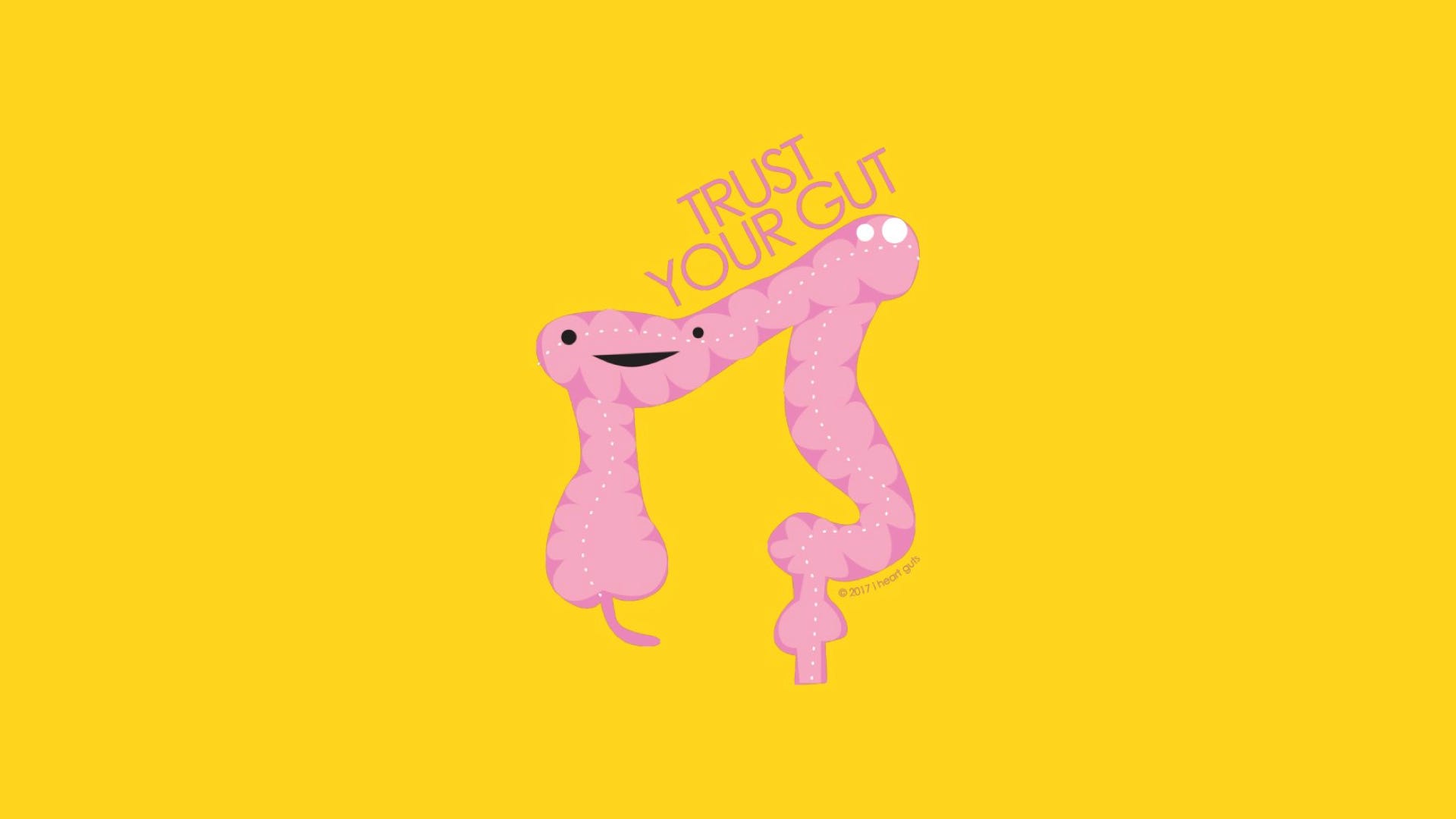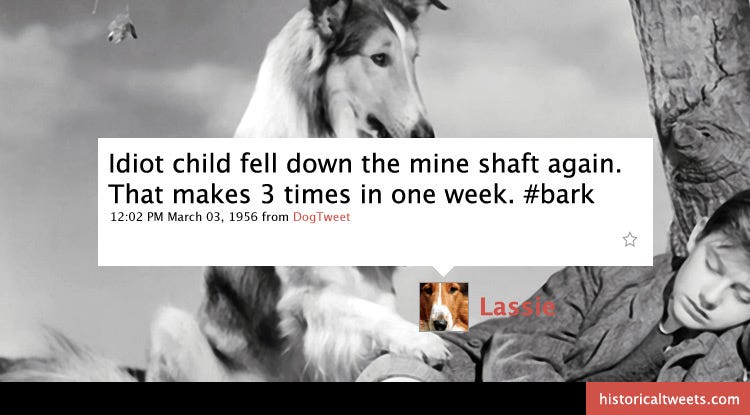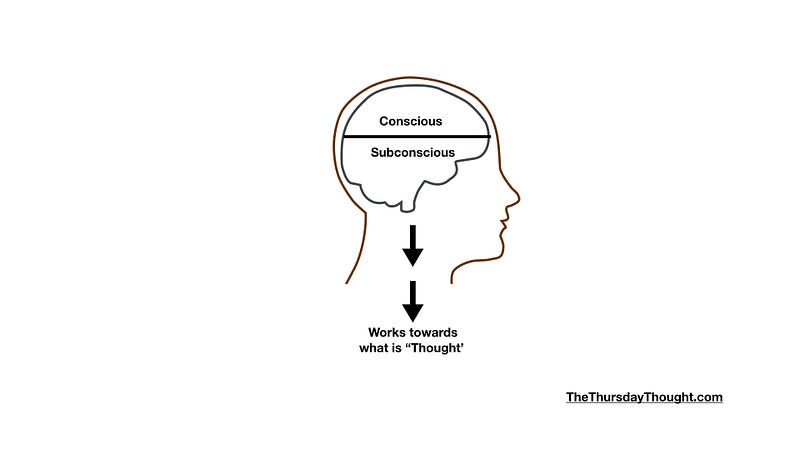
“I have looked in the mirror every morning and asked myself: “If today were the last day of my life, would I want to do what I am about to do today?” And whenever the answer has been “No” for too many days in a row, I know I need to change something.” — Steve Jobs
Aristotle spoke of three modes of persuasion in any situation. Logos, Pathos and Ethos.
Logos appeals to logic, where we persuade by using reason, proof, statistics.
Ethos is an appeal to ethics, where we persuade others by our credibility. If we are successful and have a proven track record, for example, it is logical to others that we are trustworthy. Therefore, we are in a better position to persuade.
Pathos is an appeal to emotion, this is where we convince of by creating an emotionalresponse. We appeal to emotions.
Going with your Gut
Have you ever heard someone regret going with his or her gut? We usually only hear “I should have trusted my gut”. Equally, we often ask each other, “What does your heart tell you?” We often make decisions with our heart and override what our head and guts tell us.
Sometimes we make decisions and we can’t quite put our finger on it, but they don’t sit right with us. It is a very common experience to have “a feeling in our bones”. It is very common to feel conflicted with decisions.
This happens when our brains (plural) are trying to tell us something but are unable to in our everyday “logical” language. Our brain in our skull is the closest we have to a logical language (logos), we listen to this, oftentimes it is actually the voice in our heads (our thoughts) and not our brains at all.
Our subconscious cannot speak to us in the same logical way. It uses the tools it has at its disposal and communicates by emitting an intuitive feeling (pathos). Oftentimes, this intuitive feeling grasps relevant information much sooner than our logical brain does. The gut holds information that has been gathered over many years (and perhaps even in DNA memory) that is not translatable to our logical brain.
Our gut also communicates in another way. It can communicate through our state. How we feel can become a powerful GPS for our lives, both business and personal.
The remarkable thing is that there is a scientific reason for this.
In actual fact, we have three brains.
Our Three Brains: Head, Heart and Gut
Our brains are powerful networks of neurons. Many of us are unaware that we have similar neurons to our head brain, in our hearts and guts. Let us briefly look at these three brains and the function they serve.
Let’s call the brain in our skull, “the logos brain”. This brain is the logical brain, the conscious one, the one responsible for thinking, perception, and cognition. It is the logical processor of information.
Let’s call the second brain, “the pathos brain”. When we witness something emotional, a touching act of love or a cute smile from a baby we often put our hand on our heart.
When leading a business, from a business perspective, we need to not only win the minds of our people (logos), we need to win their hearts. This is where the values of a company reside. Likewise, this is where our personal values reside.
Let’s call the last brain, “the ethos brain” or “the gut brain” (my own gut tells me that this name doesn’t quite work 100% btw, but I am going with it to fit this thesis). The gut goes beyond the heart, the heart is emotion, the gut is our essence. Our gut is extremely concerned with our self-preservation. As we explored on the innovation show with Jill Whalen when discussing anxiety, the gut will rebel if it does not feel right. It will make you feel sick.
I see this as our guts trying to communicate us, it is trying to tell us something in the language it speaks. It can’t speak logically, like the logos brain does, but it finds a way. This reminds me of when Lassie tells people there is a problem with her language of barking.

Suppressing our Gut Feelings
So many of us have a horrible sick feeling on Sunday night known as “the fear”. This feeling is usually told to “Stay quiet!” through a variety of ways including Alchohol, Mindless TV, Sleeping Pills etc. When we suppress the message we are ignoring a powerful brain signal. We must realise this brain has our higher interests at heart, it wants us to be happy, so it is directing us.
Imagine instead we embraced the concept of holistic thinking? Imagine we could master thinking with all three brains. As we discussed with Dr Srini Pillay there are many exercises we can employ to do this.
Mindfulness, for example, is not just a fad, it is a fundamental shift in humanity. In a world where our basic needs are met more than ever before and we are searching meaning in our lives, mindfulness provides a route to connect with our heart and gut brains.
Mindfulness quietens the chatter of our conscious thought and gives our subconscious an opportunity to communicate.

GPS = Gut “Ph”eeling System
This week’s guest on the show is Chris Baréz-Brown and he tells us we should take note of our state. While it seems very simple, very few of actually us do this. We could take note when we feel great, when we feel bad and when we don’t feel anything at all. In doing so, we can increase what makes us feel great and decrease the other things. By doing this we can tune in to our gut feelings.
Let’s for a moment reframe the times when we feel bad, ill-at-ease or unhappy.
What if these feelings served to inform us what “we don’t want”. By knowing what we don’t want, we can focus more on what “we do want”. I think of this as a metal detector for positive feelings/states/emotions.
If we navigate our life using a GPS (Gut Pheeling System) we can look for more positive states.
Imagine now, we did this in our organisations. Yes, this idealistic. Yes, some people just do not want to do any work at all, but we will find if people are “playing in the right position”, if they are in roles that play to their strengths, they will be happier and Sunday nights will be a lot happier for many of us.
“I rely far more on gut instinct than researching huge amounts of statistics.” Richard Branson
If you like this post please hit the thumbs up.
Episode 80 of the innovation show is “Upping Your Elvis to a better life and business with Chris Baréz-Brown.”
In this great chat, we discuss every aspect of creativity from personal energy to organisational energy. From personal purpose to aligning the purpose of the organisation. We talk how our brains can be our enemy and our liberators. We touch on how we can enable our inner genius and once again be confident in being who we truly are. Chris is determined to inject energy and more humanity back into business and into life.
You can find out more about Chris and his books here: uppingyourelvis.com/books
The app is here: itunes.apple.com/us/app/wake-up!-…350401?ls=1&mt=8
The Ted Talk is here: www.youtube.com/watch?v=2HfWX8OMlEc
As always, the show is broadcast on RTÉ Radio 1 extra 3 times weekly and is on iTunes, TuneIn Stitcher Player FM and Google play. The website is here. Soundcloud is embedded below:
Dr Srini Pillay is CEO of NeuroBusiness group and part-time assistant professor of psychiatry at Harvard Medical School.
He is Author of ‘Think Less, Learn More’ In this fantastic chat, we discuss how individuals can harness their inner creativity through a series of easy to do daily rituals.
Dr Srini Pillay shares some of the tools he had developed to unleash our innovation.
We discuss how and why individuals can become more innovative, more creative, happier and less stressed.
We discuss how corporations can embrace the true diversity of thought.
We discuss how leaders can harness vision to create better organisations.
We discuss the mindset behind the law of attraction and why it works when done properly.
More on Srini here: drsrinipillay.com/
In a related show, we talk to Jill Whalen, the author Victim of Thought: Seeing Through the Illusion of Anxiety
Jill shares her new understanding of life, which has caused decades of anxiety and addictions to simply melt away.
We discuss this new understanding in the context of business and life, by understanding that we are not victims of other people and experiences, but we have been simply victims of thought allows us to liberate ourselves and become happier and more peaceful. You can find out more about Jill here: whatdidyoudowithjill.com/ Her online course is here: whatdidyoudowithjill.com/explore-illusion-of-me/ The book is here: Victim of Thought: Seeing Through the Illusion of Anxiety
Finally, a related show is with Pam Grout.
We talk everything from creativity, the law of attraction, setting goals, living life to the fullest and how we can unlock our inner innovation.
Links to Pam:
Ted Talk youtu.be/1VCrPvvohGk